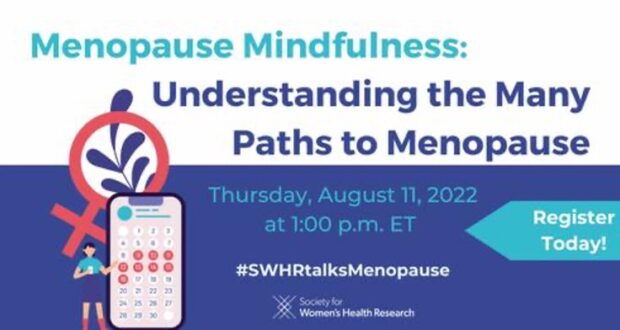By: Red Hot Mamas
Published: August 9, 2022
Approximately 1.3 million women in the United States transition into menopause each year. During the menopause transition (perimenopause), the body undergoes hormonal changes, characterized by a significant decrease in estrogen. This change typically begins to occur in a woman’s late 40s or 50s and can last up to 10 or 20 years. However, some individuals may experience menopause early due to certain medical conditions or surgical procedures. Menopause, itself, is defined as the point in time 12 months after a woman’s last menstrual cycle.
Estrogen depletion can cause a variety of vasomotor symptoms, such as hot flashes, brain fog, and fatigue, as well as genital and urinary symptoms, such as vaginal dryness and urinary incontinence. Postmenopausal women have increased risks of other health conditions, such as cardiovascular disease, osteoporosis, skin issues, cognitive decline, and insomnia. Menopausal symptoms and experiences vary widely from person to person. Raising awareness and improving access to information about menopause can help reduce stigma, dispel myths, and better prepare women and their health care providers to address potential challenges during this stage in their lives.
SWHR is hosting a series of webinars to share educational information about the impact of menopause on women’s health. The events will discuss how to improve health outcomes through recognizing and addressing symptoms, comorbidities, treatment options, and barriers to accessing quality care, while highlighting the diverse experiences of women during and after the menopause transition.
REGISTER Red Hot Mamas In Charge of Change.
Red Hot Mamas In Charge of Change.




